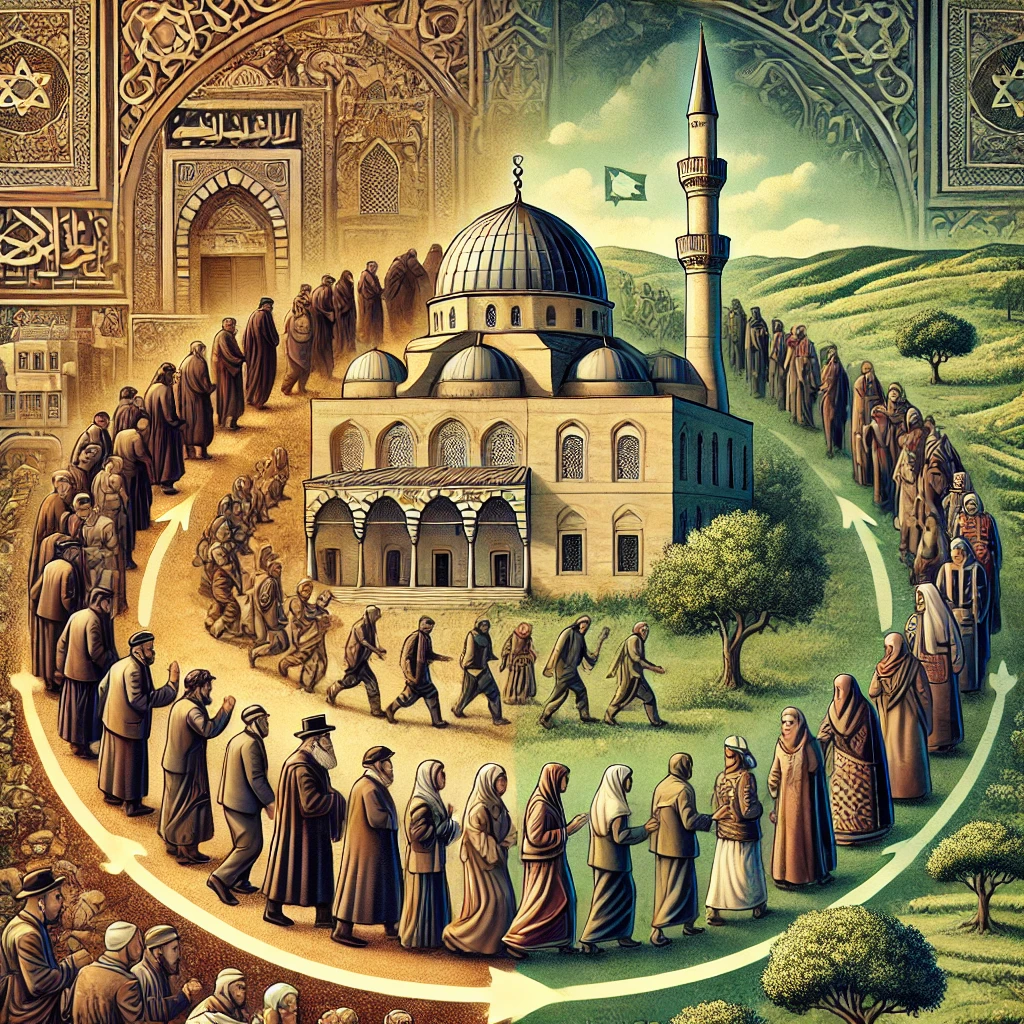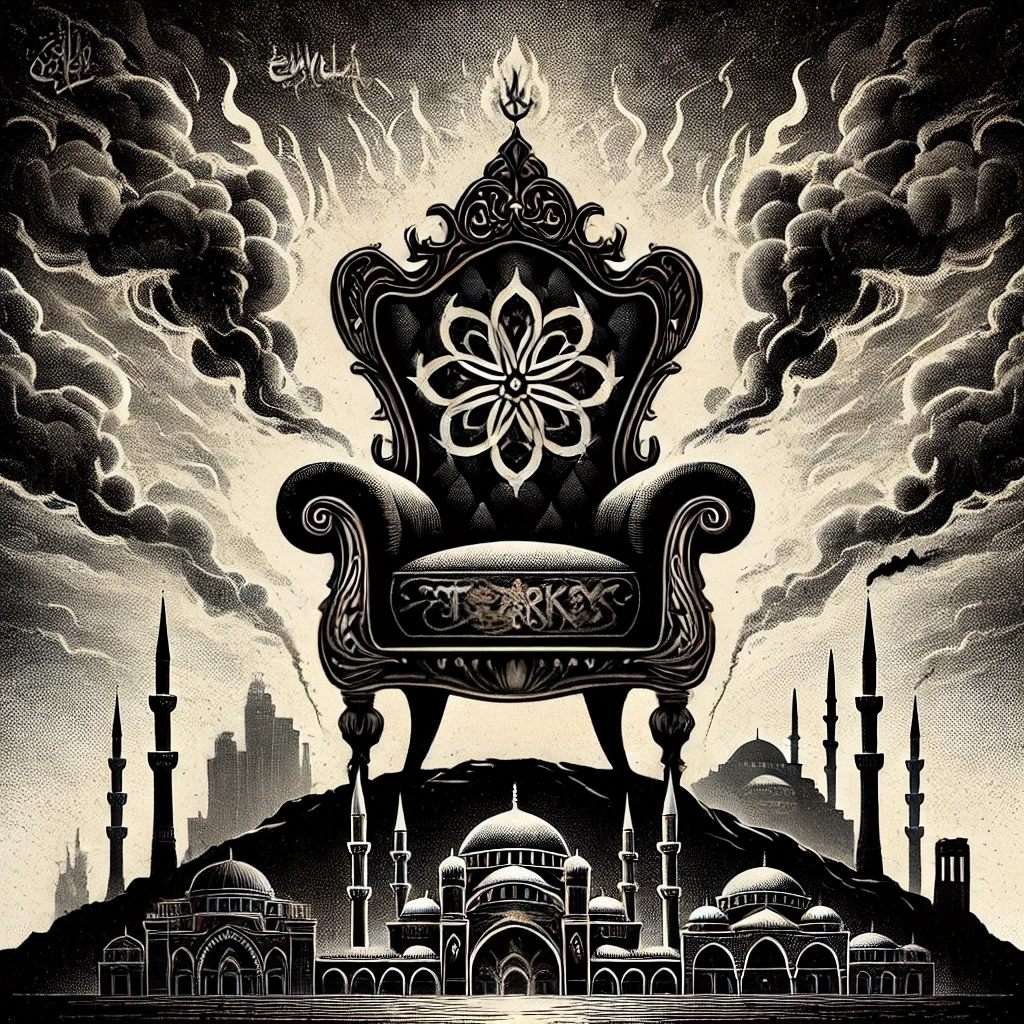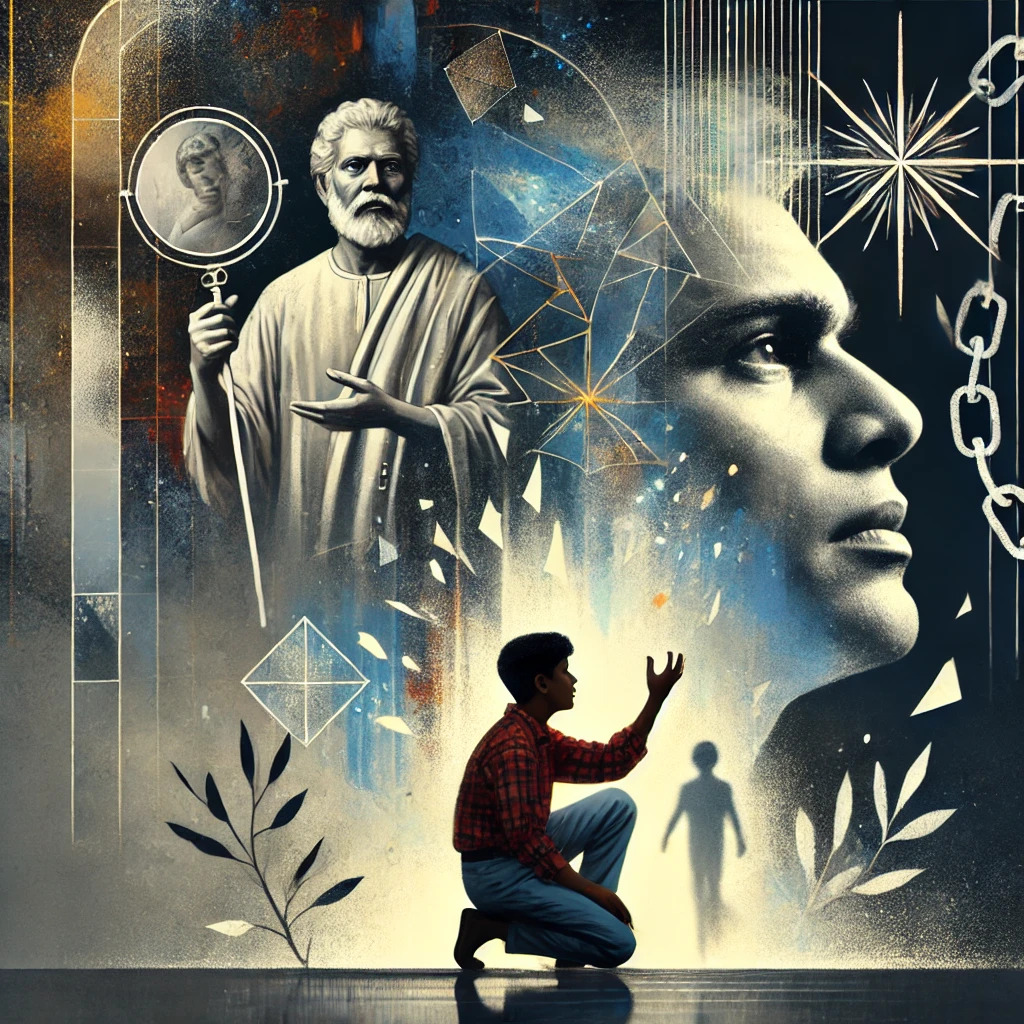The mass conversion to Islam during the Ottoman Empire’s reign was a complex process influenced by political, social, and economic factors rather than solely religious coercion. Understanding this historical phenomenon provides context for the religious and cultural landscape of present-day Palestinians.
Mass Conversion to Islam Under the Ottoman Empire
- Expansion of the Ottoman Empire
- The Ottoman Empire, which lasted from the late 13th century to the early 20th century, was an Islamic polity that expanded across the Middle East, North Africa, Southeast Europe, and parts of Central Asia.
- As the empire expanded, regions with diverse religious populations, including Christians, Jews, and other religious groups, came under Ottoman rule.
- Religious Policies of the Ottomans
- The Ottomans employed a pragmatic approach to religion, particularly through the millet system, which allowed non-Muslim communities relative autonomy under their own religious leaders.
- While conversions were not typically forced, there were incentives for converting to Islam. Muslims often had tax privileges, including exemption from the jizya (a tax levied on non-Muslims).
- Conversion to Islam offered opportunities for social mobility and access to administrative, military, and economic roles within the empire.
- Cultural and Social Integration
- The Ottomans promoted Islamic education and culture, which encouraged gradual conversions.
- Over time, Islamic practices, language (Ottoman Turkish and Arabic), and laws permeated daily life, making Islam a dominant social and cultural force.
- Economic Factors
- Economic pressures also played a role. Land tenure and business practices often favored Muslims, incentivizing conversions for practical reasons.
- Present-Day Implications for Palestinians
- The area now known as Palestine was under Ottoman rule for approximately 400 years (1516–1917). During this time, the majority of the population gradually converted to Islam.
- Conversion was not uniform but occurred over centuries due to the incentives and pressures described above.
- By the time of the British Mandate following World War I, Palestinians were predominantly Muslim, though there remained significant Christian and Jewish communities.
Connection to Present-Day Palestinians
- Cultural and Religious Identity
- The predominance of Islam in Palestinian culture today is deeply rooted in the Ottoman era, where Islam became the dominant faith in the region.
- Islamic traditions and laws shaped the societal framework, which continues to influence Palestinian identity and customs.
- Historical Tensions
- Ottoman policies contributed to the formation of the religious landscape that shaped interactions between Muslims, Christians, and Jews in the region.
- These historical dynamics partly inform the modern-day conflict over land, identity, and religion.
- Colonial Legacy and Modern Struggles
- The fall of the Ottoman Empire and subsequent colonial interventions by Britain and others disrupted the social and political order in Palestine.
- The establishment of Israel in 1948 and the resulting displacement of Palestinians (many of whom were Muslim) created a deep historical grievance that is still evident today.
- Palestinian Nationalism
- Islam remains a unifying factor for many Palestinians in their struggle for national identity and resistance against Israeli occupation.
- However, the diversity within Palestinian society, including Christian Palestinians, reflects the region’s complex history of religious coexistence and transformation.
In summary, the mass conversion to Islam during the Ottoman Empire was a gradual process influenced by pragmatic incentives and cultural integration rather than widespread forced conversion. This historical transformation laid the foundation for the predominantly Muslim identity of Palestinians today, which continues to play a significant role in their social and political struggles.



